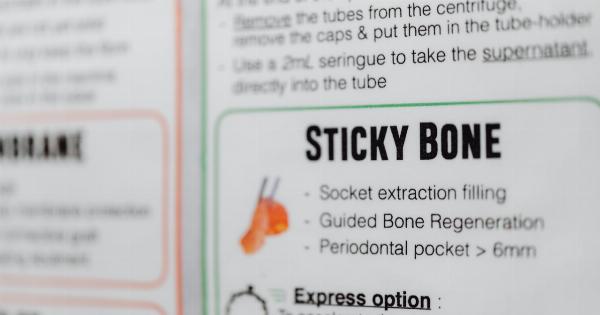Bringing a child into the world is an exciting and challenging experience. However, it can also be overwhelming and daunting, especially for first-time mothers.
The process of childbirth can put a tremendous physical, emotional, and psychological strain on mothers, which can lead to mood swings, anxiety, and depression. Postpartum depression (PPD) is a type of depression that affects women after childbirth.
PPD is a severe mental health condition that can affect up to 15% of women after giving birth. The condition can affect women from all walks of life and can occur at any point in the first 12 months after childbirth.
PPD can be challenging to diagnose, as the symptoms can vary from person to person. Additionally, many women may not realize they have PPD, which can make it difficult for them to seek help and receive treatment.
Causes of Postpartum Depression
There is no single cause of PPD, and it can be the result of a combination of factors. These factors can include physical, emotional, and psychological factors:.
Physical
The physical changes that occur during pregnancy and childbirth can affect women’s hormone levels, which can contribute to PPD.
Hormones such as estrogen and progesterone can have a significant impact on mood, and a sudden drop in these levels after childbirth can contribute to depression.
Emotional
The emotional toll of childbirth and motherhood can also contribute to PPD. Women may feel overwhelmed, isolated, and anxious about their new role as a mother. They may also experience grief or loss if childbirth or delivery did not go as planned.
Psychological
Women with a history of depression or other mental health concerns may be at higher risk for developing PPD.
Additionally, there may be psychological factors that contribute to PPD, such as stress, sleep deprivation, or a lack of support from family and friends.
Symptoms of Postpartum Depression
It is essential to recognize the symptoms of PPD so that women can seek help and treatment. Symptoms of PPD can range from mild to severe and can vary from person to person. Some common symptoms include:.
Mood Changes
Women with PPD may experience significant mood changes, such as feelings of sadness, hopelessness, or worthlessness. They may also feel anxious, irritable, or angry. Many women also report a loss of interest in activities they once enjoyed.
Physical Symptoms
PPD can also cause physical symptoms, such as fatigue, loss of appetite, and difficulty sleeping. Some women may also experience physical pain, such as headaches or stomach discomfort.
Difficulty Bonding with Baby
PPD can also make it difficult for women to bond and connect with their baby. They may feel detached or disinterested in their child, or experience feelings of guilt or shame about their lack of attachment.
Anxiety and Panic Attacks
PPD can also cause anxiety and panic attacks. Women may feel constantly worried or fearful, or experience physical symptoms such as sweating, racing heart, or difficulty breathing.
Hopelessness or Suicidal Thoughts
In severe cases, PPD can cause feelings of hopelessness or thoughts of suicide. Women may feel as if they cannot cope or see a way out of their situation.
Treatment for Postpartum Depression
PPD is a treatable condition, and there are several options available. The first step is to talk to a healthcare provider about your symptoms and feelings. They may refer you to a mental health provider who can help with counseling or therapy.
Other treatment options may include medication, support groups, or lifestyle changes. It is essential to seek help and support as soon as possible, as PPD can have a significant impact on a woman’s health and well-being.
Conclusion
Postpartum depression is a common and treatable condition that affects many women after childbirth. It is essential to recognize the symptoms of PPD so that women can seek help and treatment.
With the right treatment and support, women can overcome PPD and enjoy motherhood to the fullest.































